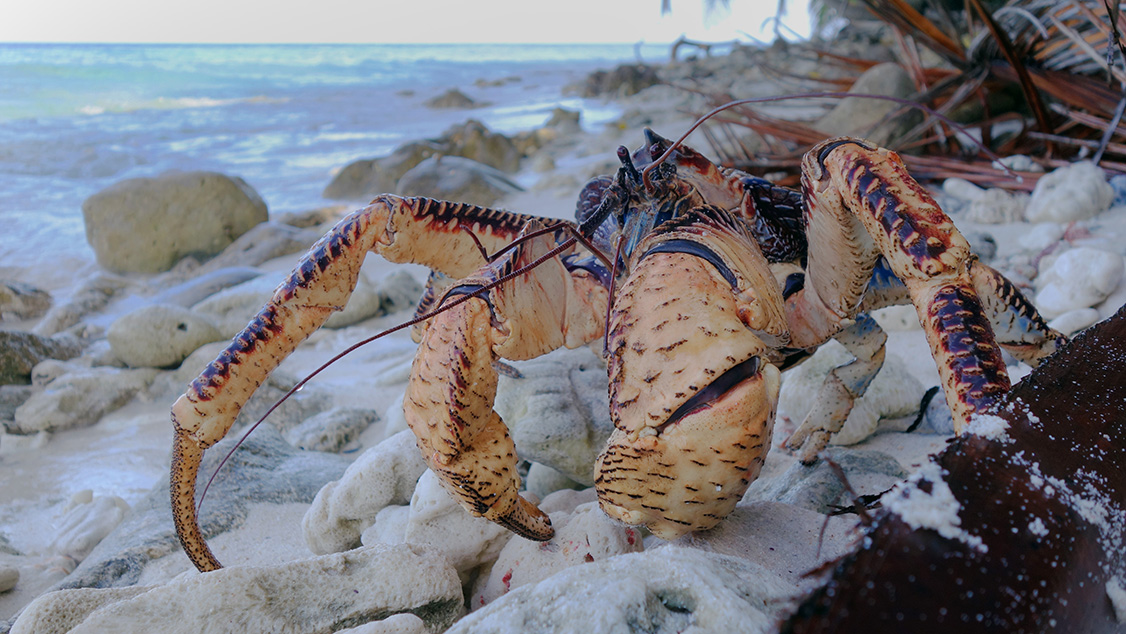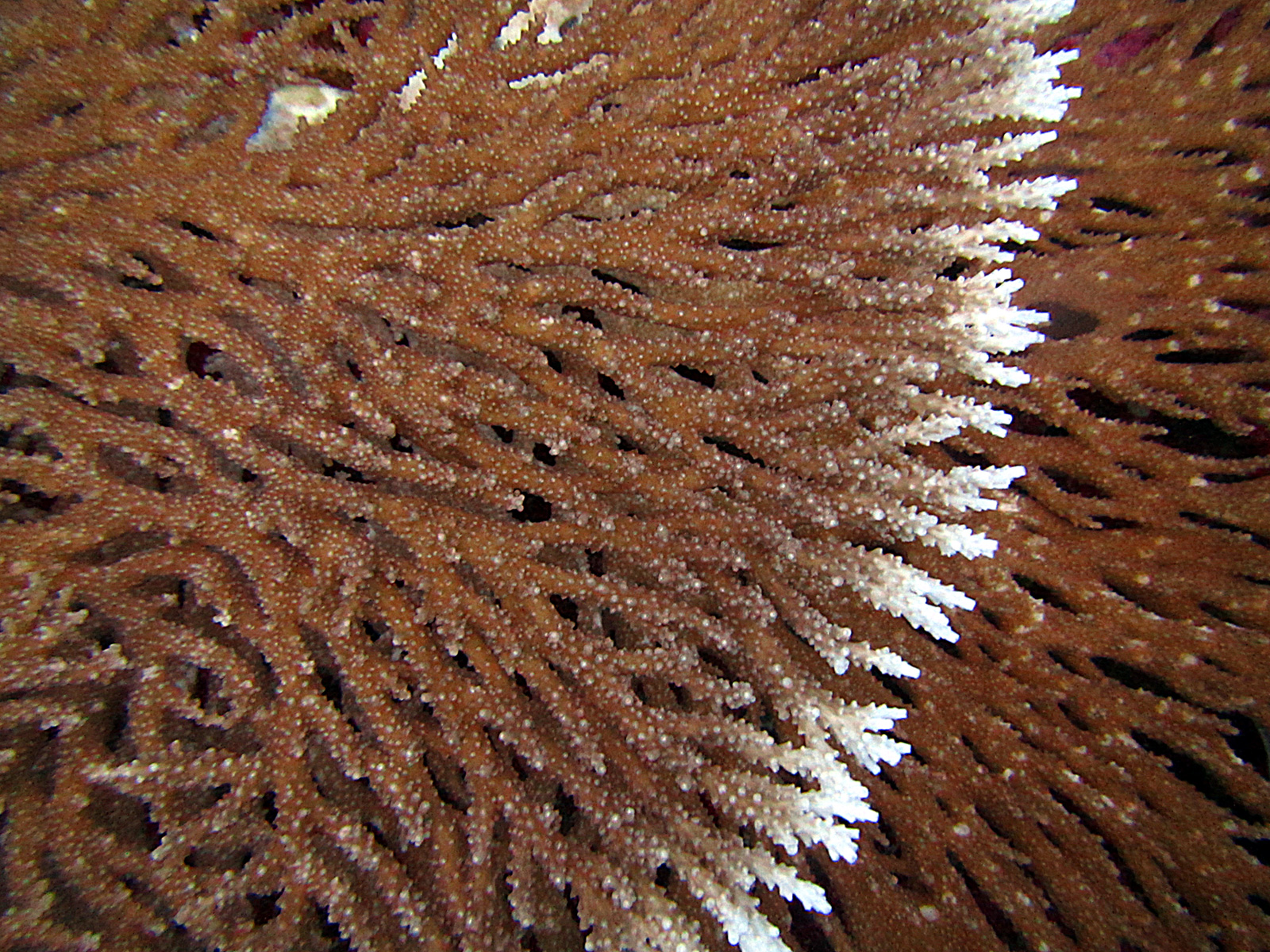Climate Change and the ocean
Climate Change is affecting the ocean in three major ways:
Ocean Acidification (OA)
 The ocean naturally absorbs about a third of all CO2 in the atmosphere, however, with increasing amounts being pumped out, more is being absorbed into the ocean. So much in fact, that it is causing the pH (the alkaline/acidic scale, left) of the ocean to drop.
The ocean naturally absorbs about a third of all CO2 in the atmosphere, however, with increasing amounts being pumped out, more is being absorbed into the ocean. So much in fact, that it is causing the pH (the alkaline/acidic scale, left) of the ocean to drop.
The ocean’s pH is naturally 8.2 (slightly alkaline), however, it has already dropped to 8.1 in the past few decades and scientists believe it could drop even further - as low as 7.8 by 2100. Effects on marine life OA is already starting to affect those marine animals who produce their own shell or hard skeleton like crabs, snails and even corals.
These animals undergo a complex process in order to create the calcium carbonate needed to make their shells. OA slows down, and can even stop this process. Their shells become much thinner and weaker, putting them at greater risk of predation.
Hotter oceans
 There is huge variation in the temperature of the world’s oceans, for example the average temperature of the Indian Ocean is 28oC, compared to 2oC in the Arctic Ocean. However, those temperatures stay relatively stable.
There is huge variation in the temperature of the world’s oceans, for example the average temperature of the Indian Ocean is 28oC, compared to 2oC in the Arctic Ocean. However, those temperatures stay relatively stable.
Therefore marine animals, especially corals, aren’t used to dramatic changes in temperature.
Effects on corals - emember zooxanthellae? The algae that lives within coral polyps? They don’t like change! Certain species can just about cope with short periods of higher water temperatures, but if this persists they will leave.
Zooxanthellae also provide colour to the coral, so once they have gone the coral appears white - this is also know as coral bleaching. This can result in the death of the coral if temperatures don’t return to normal quickly. We can expect to see many more disastrous bleaching events as the oceans get warmer.
Sea level rise
Corals like to live at a certain depth where light from the sun can shine down into the clear water. The deeper they are, the less light can reach them. Most coral reefs adapt to natural fluctuations, but if sea levels rise too quickly the reef can’t grow quick enough to keep up!